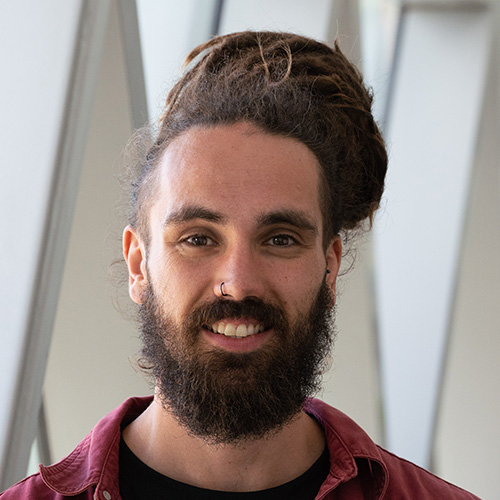Search
Showing results for "Au"


People
Tim PeschTim Pesch is a Research Officer in the Geospatial Health and Development team at The Kids Research Institute Australia.



Discover the latest community involvement opportunities from across the Institute.

News & Events
Universal protocols for Strep A surveillance set to transform research for world-first vaccineA global consortium of Group A Streptococcus (Strep A) researchers has launched a series of best practice surveillance protocols designed to unite international research efforts for a world-first Strep A vaccine.

News & Events
Trans young people can benefit from puberty suppressionA major review by WA researchers has found medication used to suppress puberty can improve the mental health of young people who are trans or gender diverse.
Research
Developmental Mismatch Across Brain Modalities in Young ChildrenBrain development during the preschool period is complex and extensive and underlies ongoing behavioral and cognitive maturation. Increasing understanding of typical brain maturation during this time is critical to early identification of atypical development and could inform treatments and interventions.
Research
Real time monitoring of respiratory viral infections in cohort studies using a smartphone appCohort studies investigating respiratory disease pathogenesis aim to pair mechanistic investigations with longitudinal virus detection but are limited by the burden of methods tracking illness over time. In this study, we explored the utility of a purpose-built AERIAL TempTracker smartphone app to assess real-time data collection and adherence monitoring and overall burden to participants, while identifying symptomatic respiratory illnesses in two birth cohort studies.
Research
An Exploration of LGBTQA+ Young People’s Coping Strategies When Navigating Suicidal Thoughts and BehaviorsLGBTQA+ young people experience suicidal thoughts and behaviors at a much greater rate than their heterosexual and cisgender peers. This study explored firsthand accounts of the coping strategies employed by LGBTQA+ young people when experiencing suicidal thoughts and behaviors.
